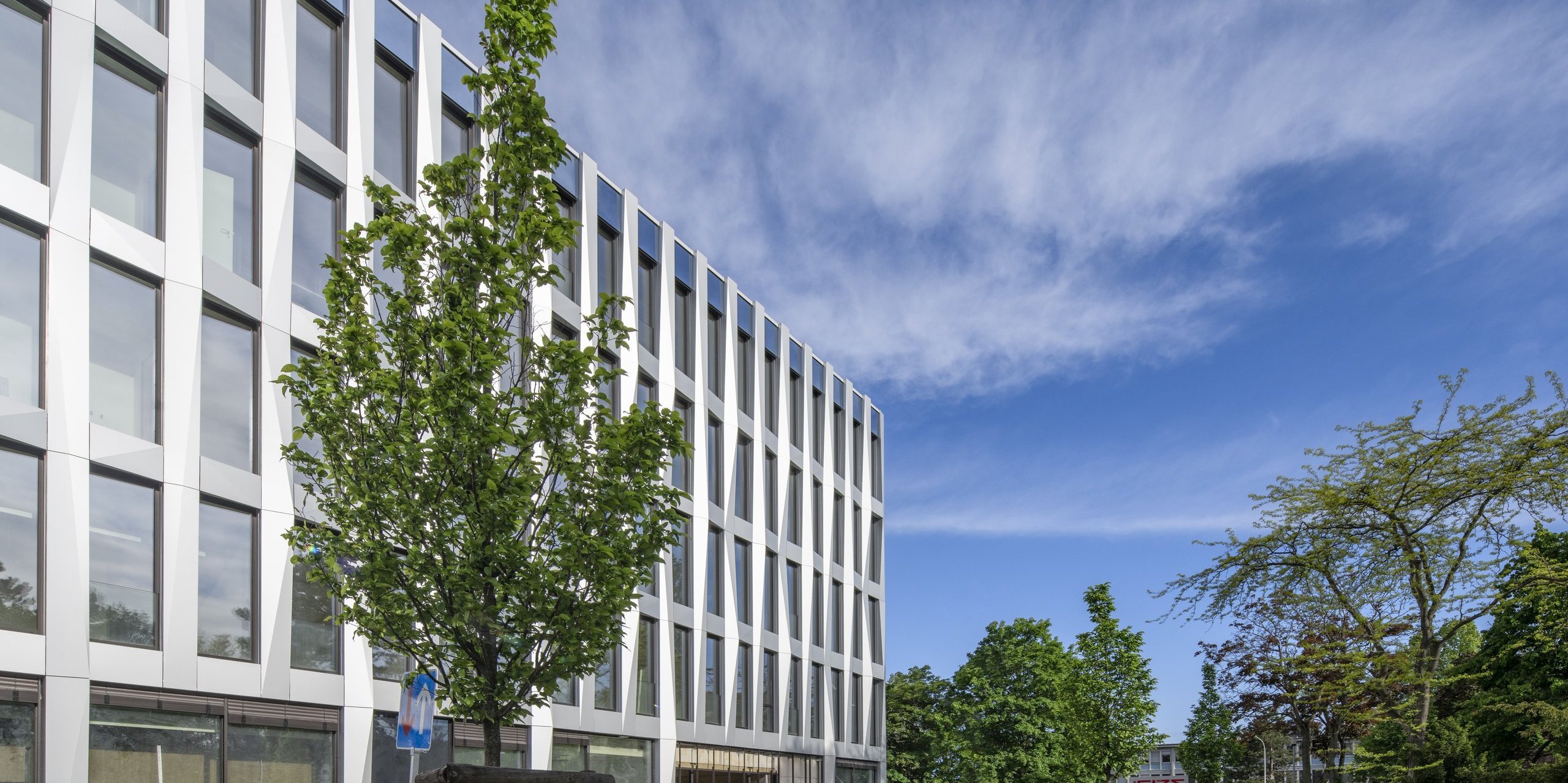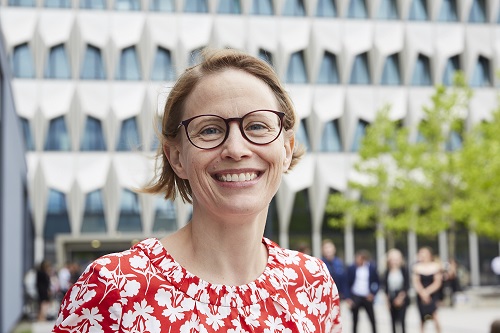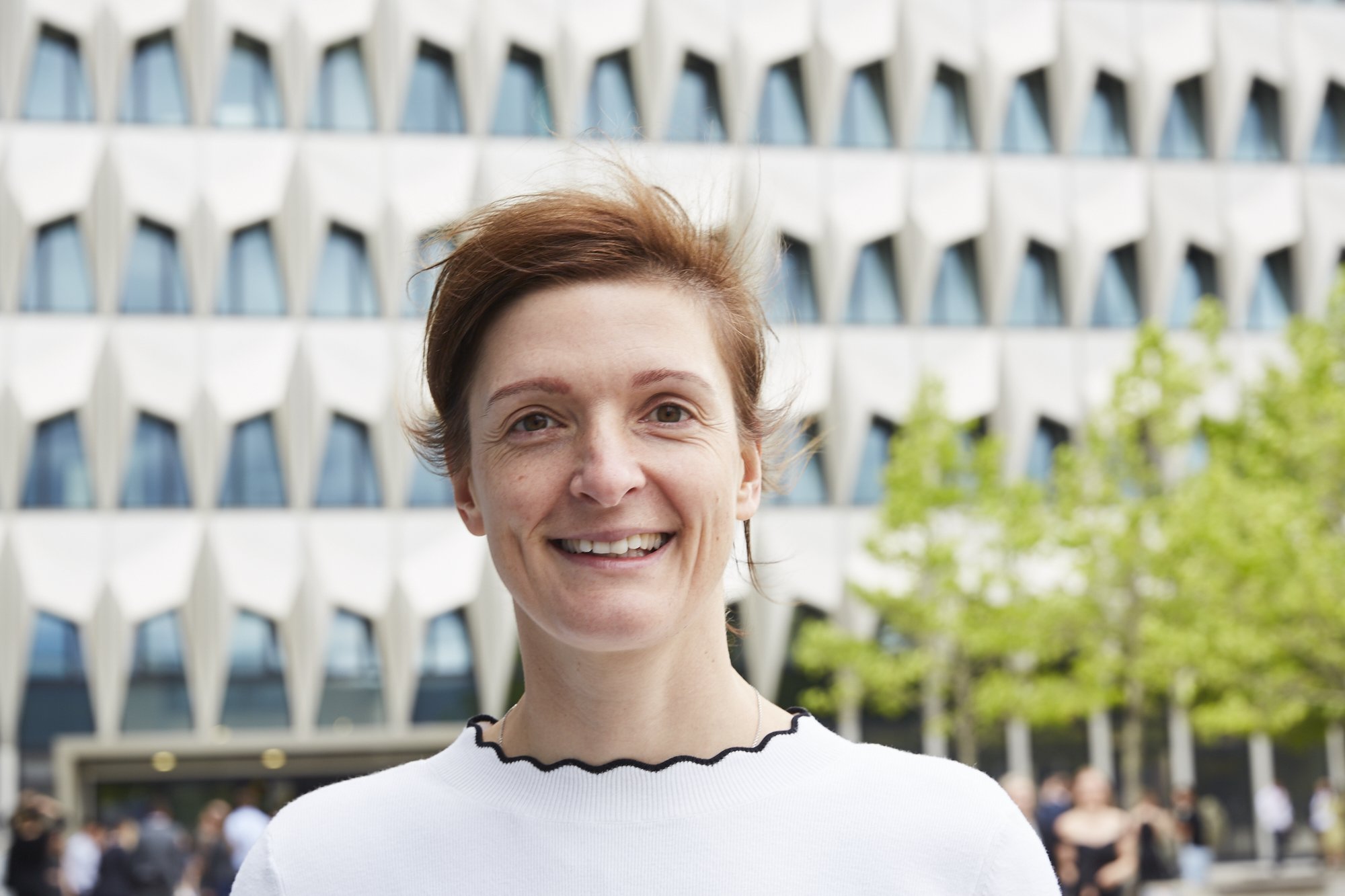
Announcement Erasmus Blended Intensive Programmes
Blended Intensive Programme (BIP) on „Sustainable Supply Chain Management & Logistics“
General information:
- Online lectures, Mondays at 4:00 PM for 90 minutes
- Examination:
- Group presentation of a project assignment and answering questions related to the project work (80 %)
- Written exam on the topic of sustainability in supply chain management (20 %)
(course description)
- Language: The course is fully taught in English
- 4 ECTS will be awarded
Who can take part?
- For students of our EUt+ partner universities Université de Technologie Troyes and Universidad Politécnica de Cartagena
- Bachelor's and Master's students of economics, business administration, logistics and industrial engineering
Dates:
- Start of online lecture: 11 March 2024
- Intensive week in Darmstadt: 1 July - 5 July 2024 (= end of course)
Finances:
- You can use an Erasmus+ scholarship for your stay in Darmstadt from your home university
- Transportation while you are in Darmstadt, lunch and social programme is provided by us (travel and accomodation costs need to be covered by you)
- No fees for the BIP will be charged
Check out our infos on transportation in Darmstadt and information on affordable accommodation options.
How to register?
Please contact the International Office of your home university for your nomination (see contacts below) by 12 January 2024.
Learning objectives
Introduction to the basic concepts of sustainable supply chains. Students should be able to design a concept for a sustainable supply chain for a specific company, a specific product and a specific region.
Course content
In an increasingly digitalised world, products and components are developed more and more virtually. The used materials and their properties influence the behaviour of the components significantly in addition to the geometry of the components and the type of load. This means that the behaviour of the materials must be described in the computer realistically. For that, material models are necessary. These models must be parameterised using suitable tests. The large number of used materials and their different behaviour under different loading during service life are a special challenge. A realistic description of the material behaviour enables a targeted optimisation of the component behaviour with a resource-saving material use.
In the course, the perspectives of virtual product development using modern FEM software and materials engineering are connected. A wide variety of materials are considered, tested and modelled using programming language Python, where no prerequisites are necessary.
All participants work on their own project on a material with literature research, experiment, model selection and parameter identification. Programming skills learnt in the course will be used.
Your contacts for funding and mobility-related questions:
• h_da: Katharina Niederhacke (erasmus-bip@h-da.de)
• UPCT: Fraida Saura (fraida.saura@upct.es); Carina Tartdy (incoming@upct.es)
• UTT: Aurélien Mathieu (aurelien.mathieu@utt.fr)
Your contacts for academic/ course-related questions:
- h_da: Prof. Dr. Monika Futschik (monika.futschik@h-da.de)
- h_da: Prof. Dr. Johanna Bucerius (johanna.bucerius@h-da.de)
- UPCT: Prof. Dr. Francisco Campuzano Bolarín (Francisco.Campuzano@upct.es)
- UTT: Prof. Dr. Murat Afsar (hasan_murat.afsar@utt.fr)



![[Translate to English:] Logo EUt+](/fileadmin/Einrichtungen/Internationales/1_Bilder/1.7_European_University_of_Technology/Logo_2_EUt__aktualisiert_09_2021.png)